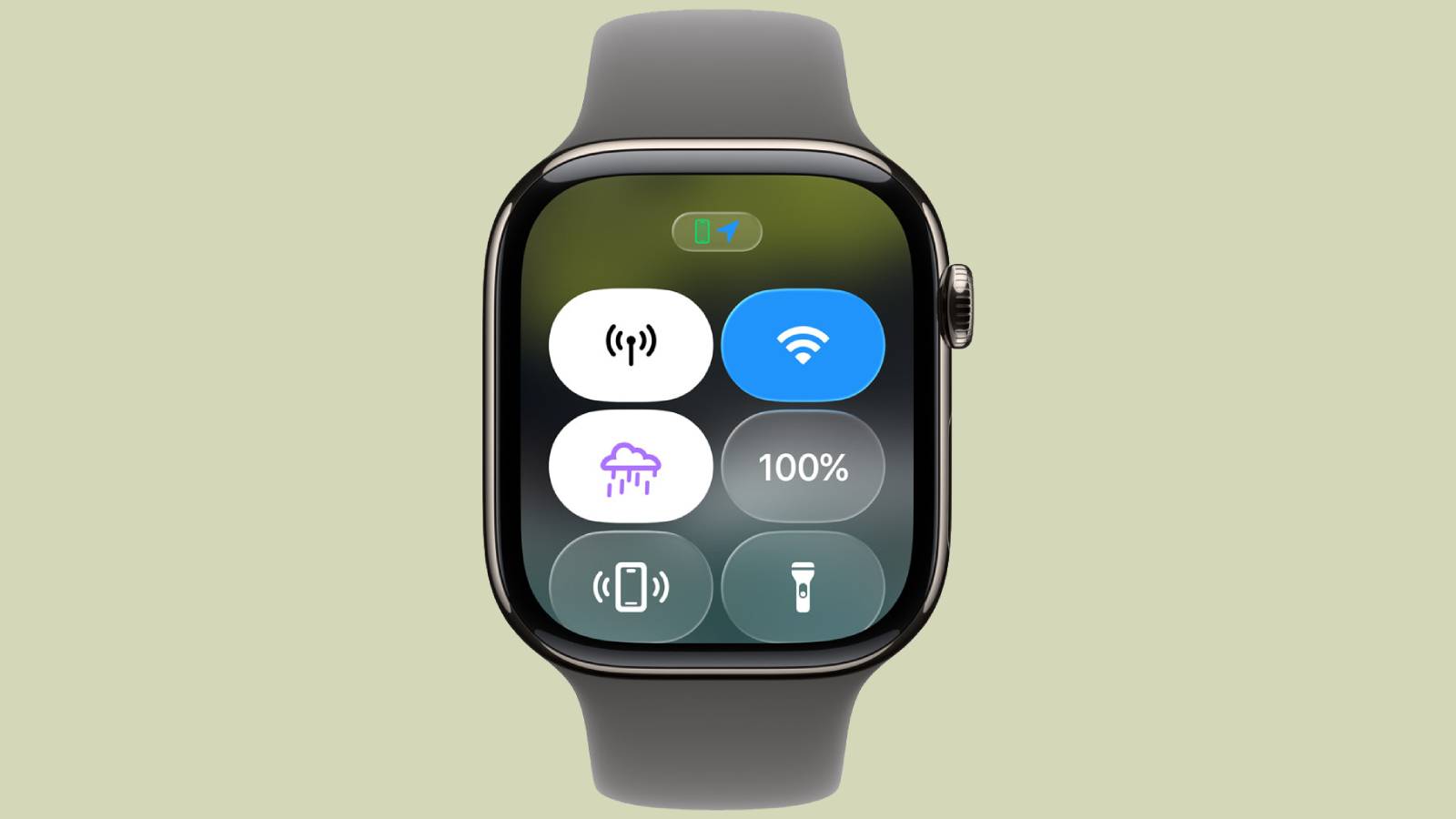Google, Meta file lawsuit against S. Korean data protection watchdog’s ruling
Google and Meta Platforms have filed a lawsuit against a ruling by the South Korean data protection watchdog to fine the global tech giants for illegally collecting personal data here, industry sources said. According to Yonhap news agency, the legal action by the two US companies came after the Personal Information Protection Commission (PIPC) decided in September last year to slap a combined fine of 100 billion won (US$77.2 million) on them for collecting personal information without users’ consent and using it for personalized online advertising and other purposes.
The fines marked the highest amount ever imposed for alleged violations of the personal information protection law. The PIPC also ordered Google and Meta inform their users clearly and simply, and get their consent if they are to gather or use user behavior data on websites or applications outside of their own platforms.
But Google and Meta have expressed regrets over the regulatory decision, claiming it is operators of websites and applications, not platform operators like themselves, who are supposed to receive legitimate consent in the process of collecting information from users visiting the websites and using apps.
Meanwhile, Meta said that it took down over 24.9 million pieces of content across 13 policies for Facebook and over 7.5 million pieces of content across 12 policies for Instagram in January in India.
Between January 1-31, Facebook received 700 reports through the Indian grievance mechanism, and said that it provided tools for users to resolve their issues in 338 cases.
These include pre-established channels to report content for specific violations, self-remediation flows where they can download their data, avenues to address account hacked issues etc, said Meta in its monthly report in compliance with the IT (Intermediary Guidelines and Digital Media Ethics Code) Rules, 2021.
The post Google, Meta file lawsuit against S. Korean data protection watchdog’s ruling appeared first on Techlusive.

Google and Meta Platforms have filed a lawsuit against a ruling by the South Korean data protection watchdog to fine the global tech giants for illegally collecting personal data here, industry sources said. According to Yonhap news agency, the legal action by the two US companies came after the Personal Information Protection Commission (PIPC) decided in September last year to slap a combined fine of 100 billion won (US$77.2 million) on them for collecting personal information without users’ consent and using it for personalized online advertising and other purposes.
The fines marked the highest amount ever imposed for alleged violations of the personal information protection law. The PIPC also ordered Google and Meta inform their users clearly and simply, and get their consent if they are to gather or use user behavior data on websites or applications outside of their own platforms.
But Google and Meta have expressed regrets over the regulatory decision, claiming it is operators of websites and applications, not platform operators like themselves, who are supposed to receive legitimate consent in the process of collecting information from users visiting the websites and using apps.
Meanwhile, Meta said that it took down over 24.9 million pieces of content across 13 policies for Facebook and over 7.5 million pieces of content across 12 policies for Instagram in January in India.
Between January 1-31, Facebook received 700 reports through the Indian grievance mechanism, and said that it provided tools for users to resolve their issues in 338 cases.
These include pre-established channels to report content for specific violations, self-remediation flows where they can download their data, avenues to address account hacked issues etc, said Meta in its monthly report in compliance with the IT (Intermediary Guidelines and Digital Media Ethics Code) Rules, 2021.
The post Google, Meta file lawsuit against S. Korean data protection watchdog’s ruling appeared first on Techlusive.




